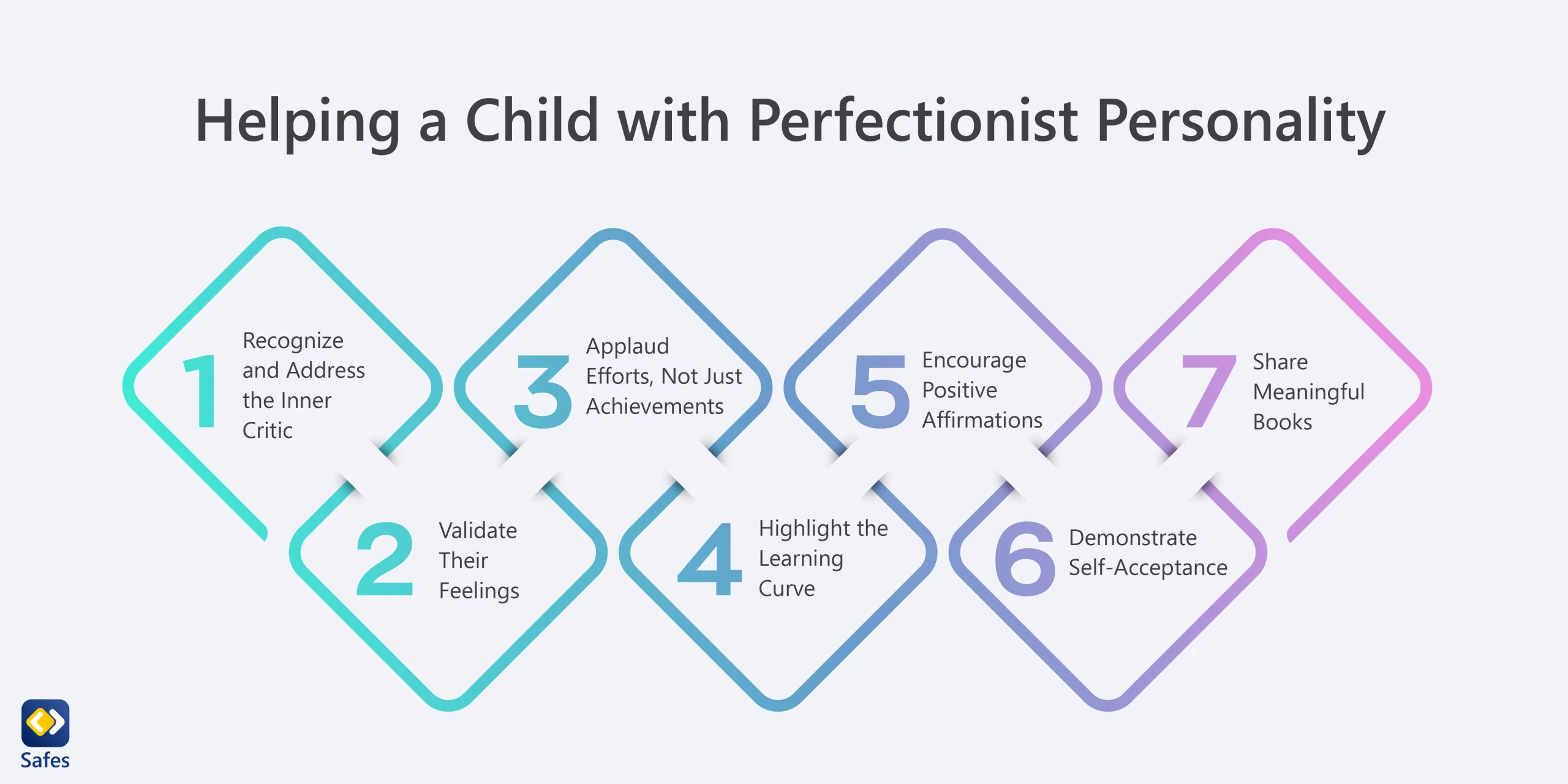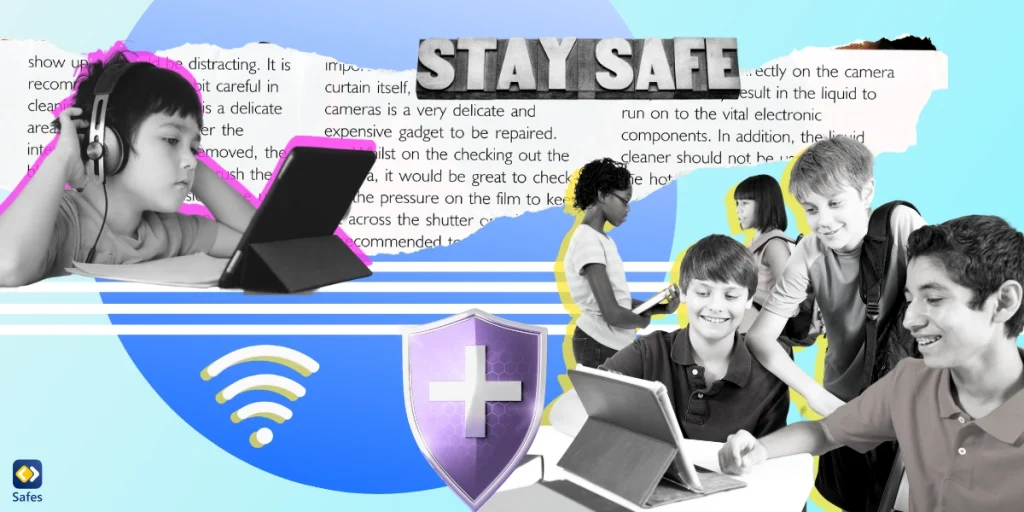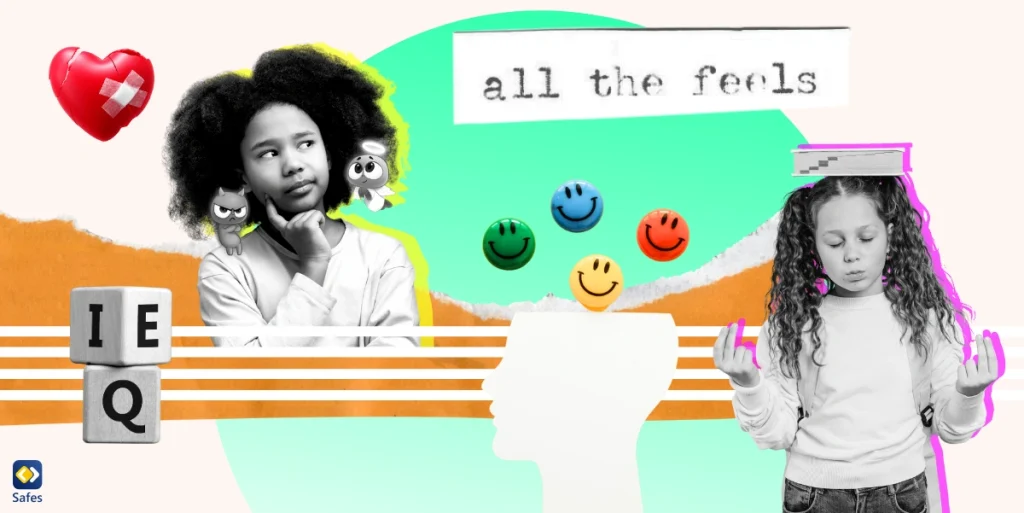Perfectionism doesn’t imply excellence in all endeavors but rather an incessant pressure to be excellent in all pursuits. Our readers who are concerned parents often ask us the question, “Is being a perfectionist a bad thing?” Answering this question is complex and depends on the intensity of the trait in your child. Moderate perfectionism could be healthy and propel individuals to achieve their goals. Unhealthy perfectionism could be highly harmful on the other side of the spectrum, leading to anxiety, depression, obsessive-compulsive disorder, and even eating disorders, according to Kirsten Gilbert, Ph.D., assistant professor of psychiatry at Washington University in St. Louis. As you can see, a child with a perfectionist personality is prone to mental and physical harm. So, it’s imperative to understand what causes perfectionism in children and how we can help them moderate their feelings. Follow us through to find out.
Download and Start Your Free Trial of the Safes Parental Control App
Decoding the Perfectionist Personality
Children with an intense perfectionist personality tend to have low self-esteem and are overly sensitive to criticism. They often obsess over their mistakes, real or perceived. These are the people who, after answering nine out of ten questions correctly on a quiz, focus on the only wrong answer rather than rejoice in their success. This trait can be a sign of both OCD and depression, although they can exist independently of each other.
According to a study conducted between 2003 and 2017, Dr. Gilbert found that preschoolers who engaged in continuous “performance monitoring” were twice as likely to develop OCD by their teen years compared to those who completed tasks without self-criticism. These findings call for early intervention in mitigating the adverse effects of perfectionism.
Addressing the Root Cause of Perfectionism
Understanding what causes perfectionism is crucial to its prevention and mitigation. Often, children who exhibit perfectionist tendencies create an illusion of maintaining control over everything, making it challenging for parents to identify the issue. Well-intentioned parents could also unintentionally encourage perfectionism by urging their children to always strive for the best.
Helping a Child with Perfectionist Personality
If you have a child struggling with perfectionism, don’t feel helpless. There’s a lot you can do to help them confront and control their feelings and live a successful life. In the following, we’ll discuss some of the best tips and strategies.

-
Recognize and Address the Inner Critic
Most adults have learned to cope with self-critical thoughts. However, children grappling with perfectionism need guidance to manage their inner critic. Dr. Huston, a pediatric psychologist, suggests explaining the concept to children and asking them if they experience it. Naming this inner critic can make it easier for children to talk about it.
-
Validate Their Feelings
Reacting to a child’s failure with false reassurances or rebukes can be counterproductive. Instead, empathize with their disappointment and reassure them that it’s okay to fail sometimes.
-
Applaud Efforts, Not Just Achievements
Praise your children for the effort they put into their tasks, not just their success. This approach helps them understand that learning is a process and mistakes are part of it.
-
Highlight the Learning Curve
Explain to them how difficulties and challenges provide opportunities for growth. Share stories of successful people who faced failures initially, reinforcing the idea that mistakes are stepping stones to success.
-
Encourage Positive Affirmations
Help your child counteract negative self-talk by teaching them to repeat encouraging phrases like “Nobody’s perfect,” “All I can do is try my best, and that’s enough,” and “Practicing helps me get better at things.”
-
Demonstrate Self-Acceptance
Displaying self-acceptance and admitting your failures can help your child realize that everyone makes mistakes.
-
Share Meaningful Books
Reading books that help children understand and cope with perfectionism can be beneficial. Some recommended titles include “Beautiful Oops,” “Pilar’s Worries,” “The Good Egg,” “The Girl Who Never Made Mistakes,” and “The Dot.”
While these strategies can help, some children might need professional assistance to cope with their perfectionist tendencies. If you suspect that your child may be struggling with unhealthy perfectionism, consult a mental health professional.
Safeguarding Children in Digital Space with Safes
In today’s digital age, children face many challenges, including cyberbullying, online harassment, and the pressure to portray a ‘perfect’ life on social media. These factors can exacerbate a child’s perfectionist tendencies. Safes parental control app offers an effective solution. It enables you to monitor your child’s online activity and then limit their screen time or block harmful content on their devices. Start safeguarding your child today with Safes’ 14-day free trial, available on iOS and Android, no credit card required.
Download Safes from AppStore and Google Play. Learn how to put parental controls using Safes with the links down below:
- Windows parental controls
- Macbook parental controls
- Parental controls on android
- iPhone parental controls
Your Child’s Online Safety Starts Here
Every parent today needs a solution to manage screen time and keep their child safe online.
Without the right tools, digital risks and excessive screen time can impact children's well-being. Safes helps parents set healthy boundaries, monitor activity, and protect kids from online dangers—all with an easy-to-use app.
Take control of your child’s digital world. Learn more about Safes or download the app to start your free trial today!




